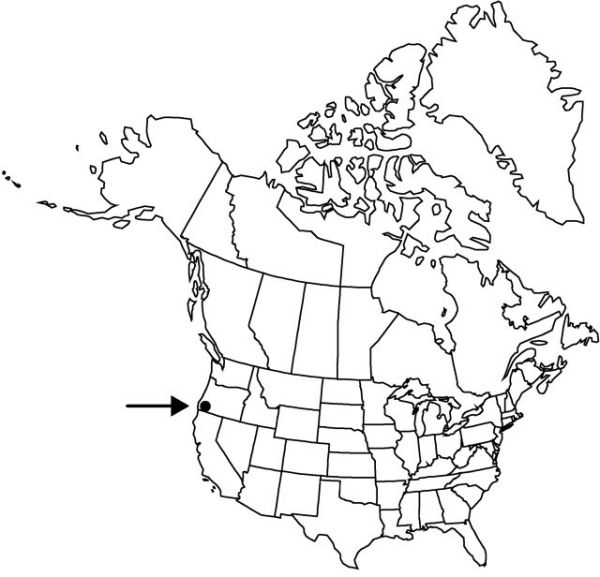Difference between revisions of "Calochortus howellii"
Proc. Amer. Acad. Arts 23: 266. 1888.
imported>Volume Importer |
imported>Volume Importer |
||
| Line 53: | Line 53: | ||
|publication year=1888 | |publication year=1888 | ||
|special status=Illustrated;Endemic | |special status=Illustrated;Endemic | ||
| − | |source xml=https:// | + | |source xml=https://bitbucket.org/aafc-mbb/fna-data-curation/src/2e0870ddd59836b60bcf96646a41e87ea5a5943a/coarse_grained_fna_xml/V26/V26_175.xml |
|genus=Calochortus | |genus=Calochortus | ||
|species=Calochortus howellii | |species=Calochortus howellii | ||
Latest revision as of 21:13, 5 November 2020
Stems slender, not branching or rarely branching in axil of cauline leaf, straight, 2–4 dm. Leaves: basal persistent, 20–35 cm; blade gradually tapering distally, adaxially pubescent. Inflorescences subumbellate, 1–3-flowered; bracts 2, subopposite, linear to narrowly lanceolate, attenuate, 1–3 cm. Flowers erect; perianth open, campanulate; sepals shorter than petals, ovate-acuminate, glabrous; petals yellowish white, with purplish hairs toward base, broadly obovate, cuneate, inconspicuously fringed laterally, sparingly short-hairy adaxially, apex rounded; glands transversely oblong, slightly depressed, densely covered with short, distally branching hairs, the bases of which unite at lower margin to form inconspicuous, discontinuous membranes; filaments shorter than anthers; anthers oblong-lanceolate, apex acute to short-apiculate. Capsules erect, 3-winged, ellipsoid, ca. 2 cm, base and apex acute. Seeds light-colored, irregular. 2n = 20.
Phenology: Flowering late spring–mid summer.
Habitat: Dry, rocky, serpentine soils
Elevation: 300–500 m
Discussion
Calochortus howellii is known only from the Illinois River valley, Josephine County.
Selected References
None.

